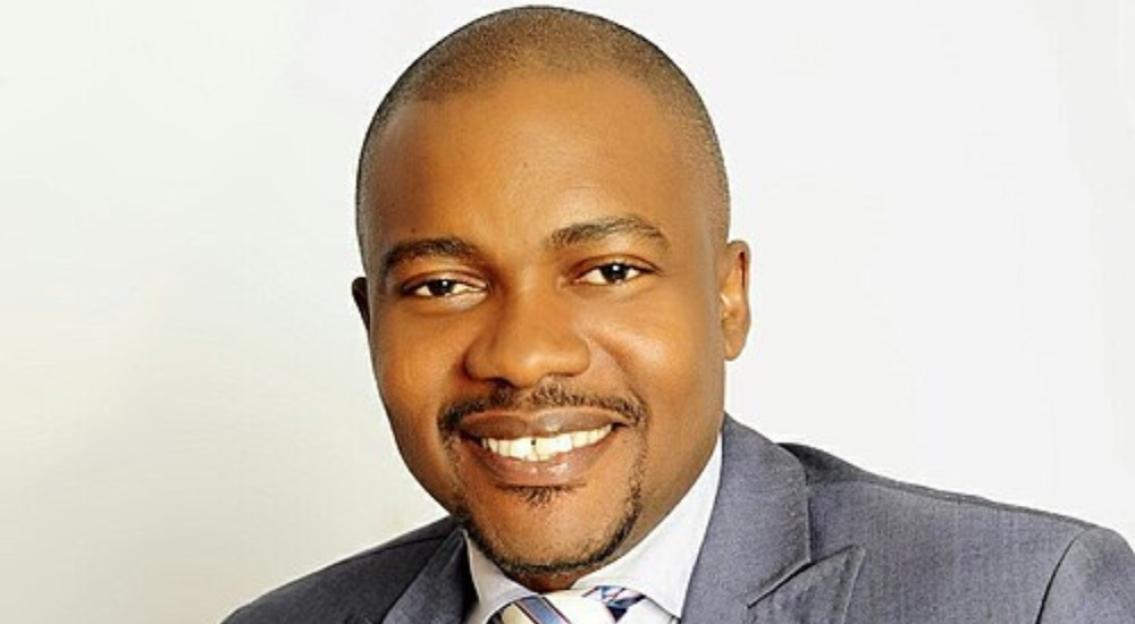Table of Contents
Nigeria’s Acting Ambassador to the United States, Samson Itegboje, stated that President Bola Tinubu inherited a “struggling economy.”
Itegboje made this remark during an award dinner at Nigeria House in New York, celebrating Nigeria’s 65th independence anniversary.
He emphasized that Tinubu has not been dwelling on this situation.
“The president inherited a struggling economy, along with issues of banditry.
“He also inherited challenges such as kidnapping, terrorism, and conflicts between herders and farmers, among other vices.
“Instead of lamenting, he rolled up his sleeves and got to work.
“The first action he took was to eliminate the fuel subsidy, which was rife with corruption. He removed it,” he stated.
According to him, the president also abolished the corruption-laden foreign exchange regime, acknowledging that this decision was not well-received by everyone.
The envoy recognized that some of the president’s actions had immediate consequences, noting that product prices increased and citizens were significantly affected.
However, he asserted that these measures were essential for securing the country’s future, adding that after the initial surge in prices, they are beginning to stabilize.
What challenges did President Bola Tinubu inherit?
President Bola Tinubu inherited a struggling economy, banditry, kidnapping, terrorism, and conflicts between herders and farmers.
What actions did President Tinubu take to address these challenges?
He eliminated the fuel subsidy, which was corrupt, and abolished the foreign exchange regime, despite some initial backlash.
How have these measures affected the economy?
While there was an initial rise in product prices that affected citizens, the measures are beginning to stabilize the economy.







